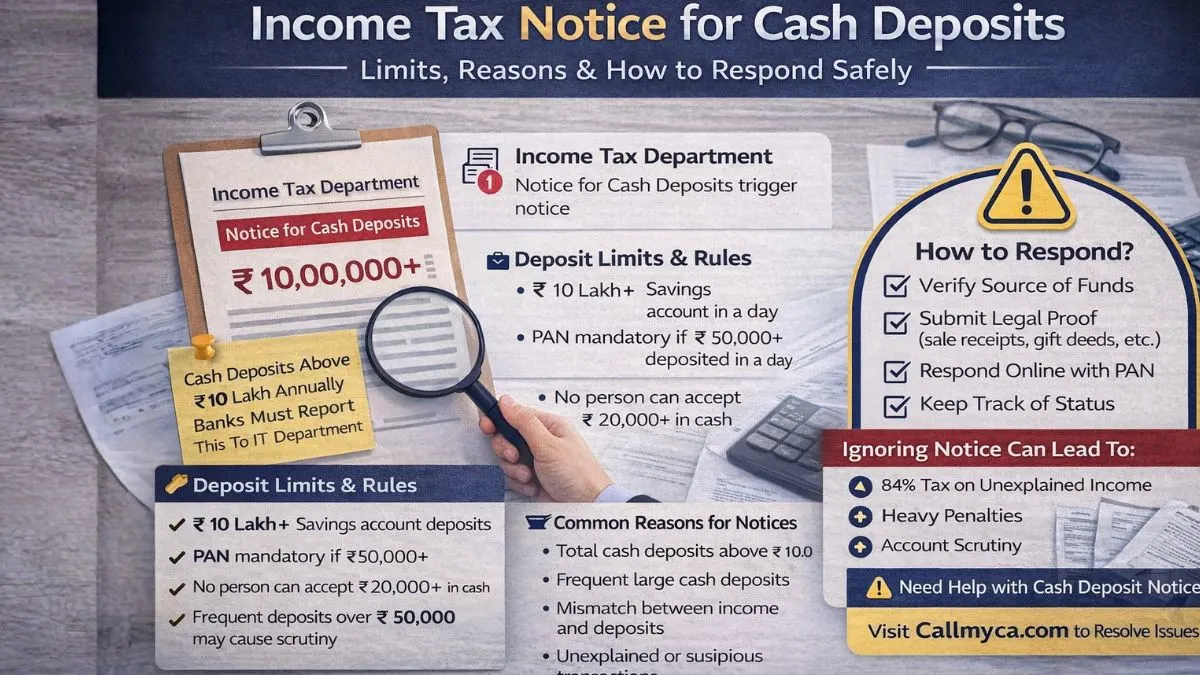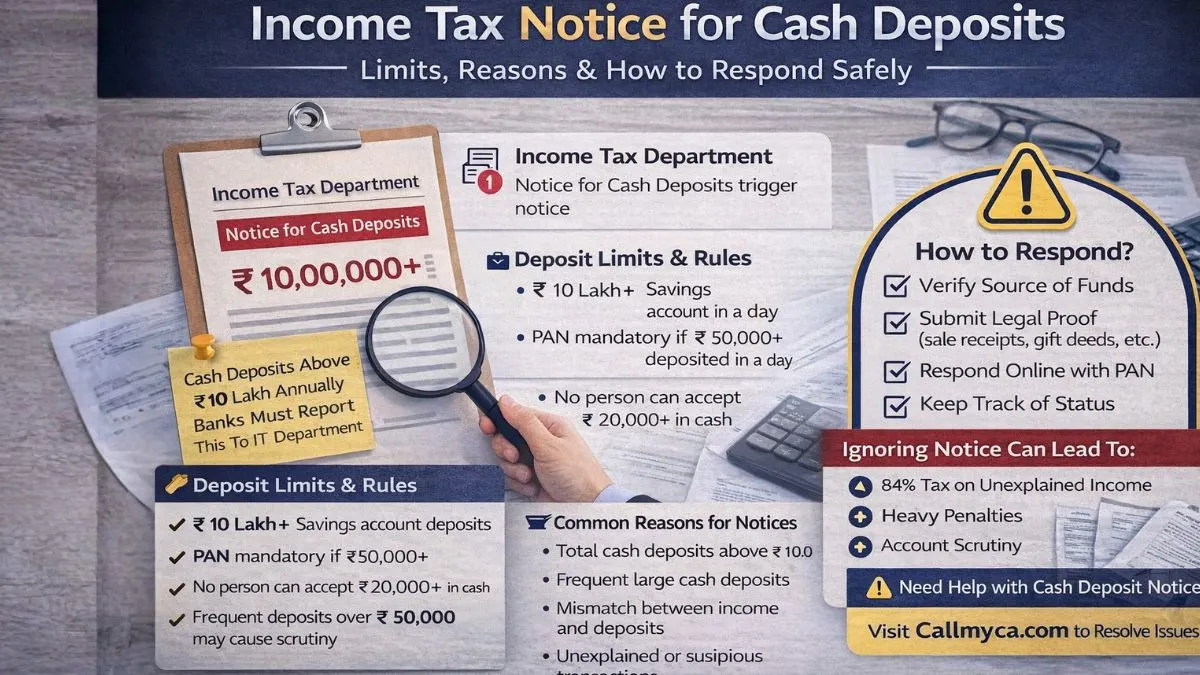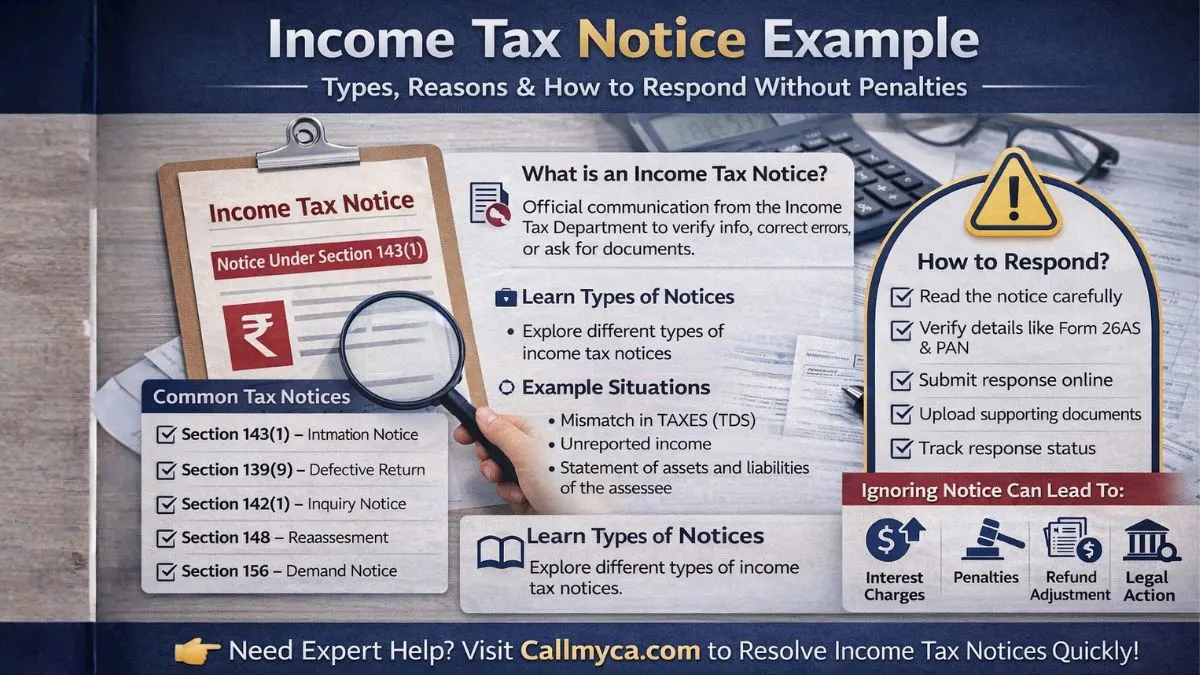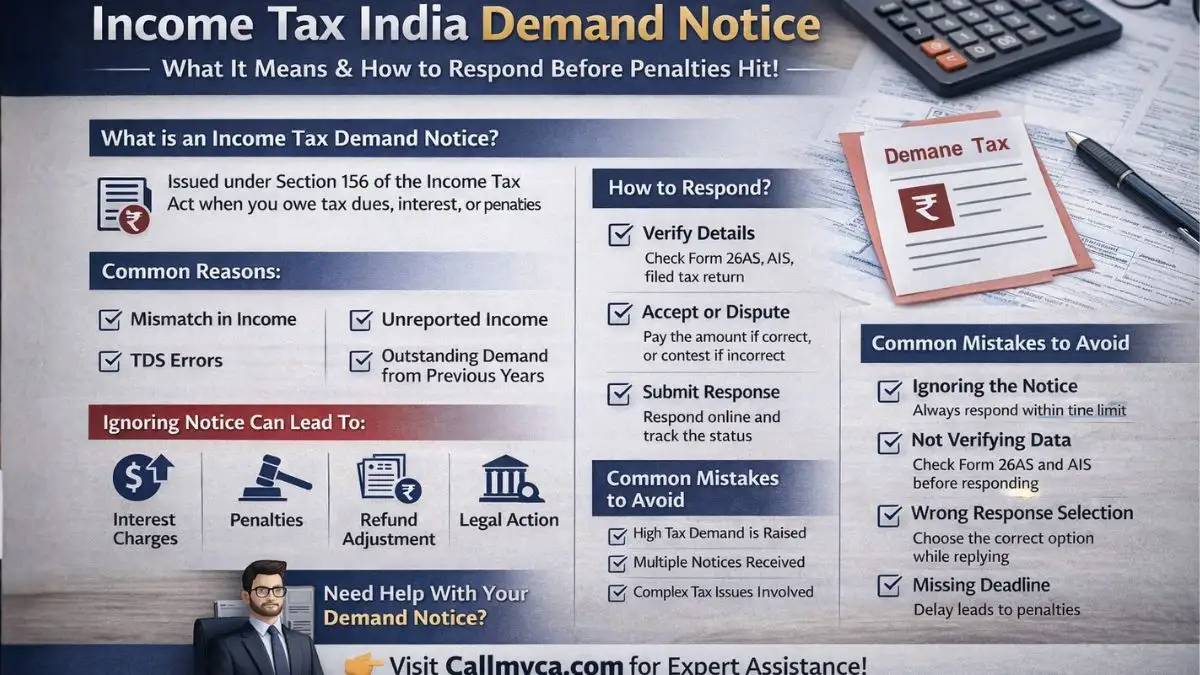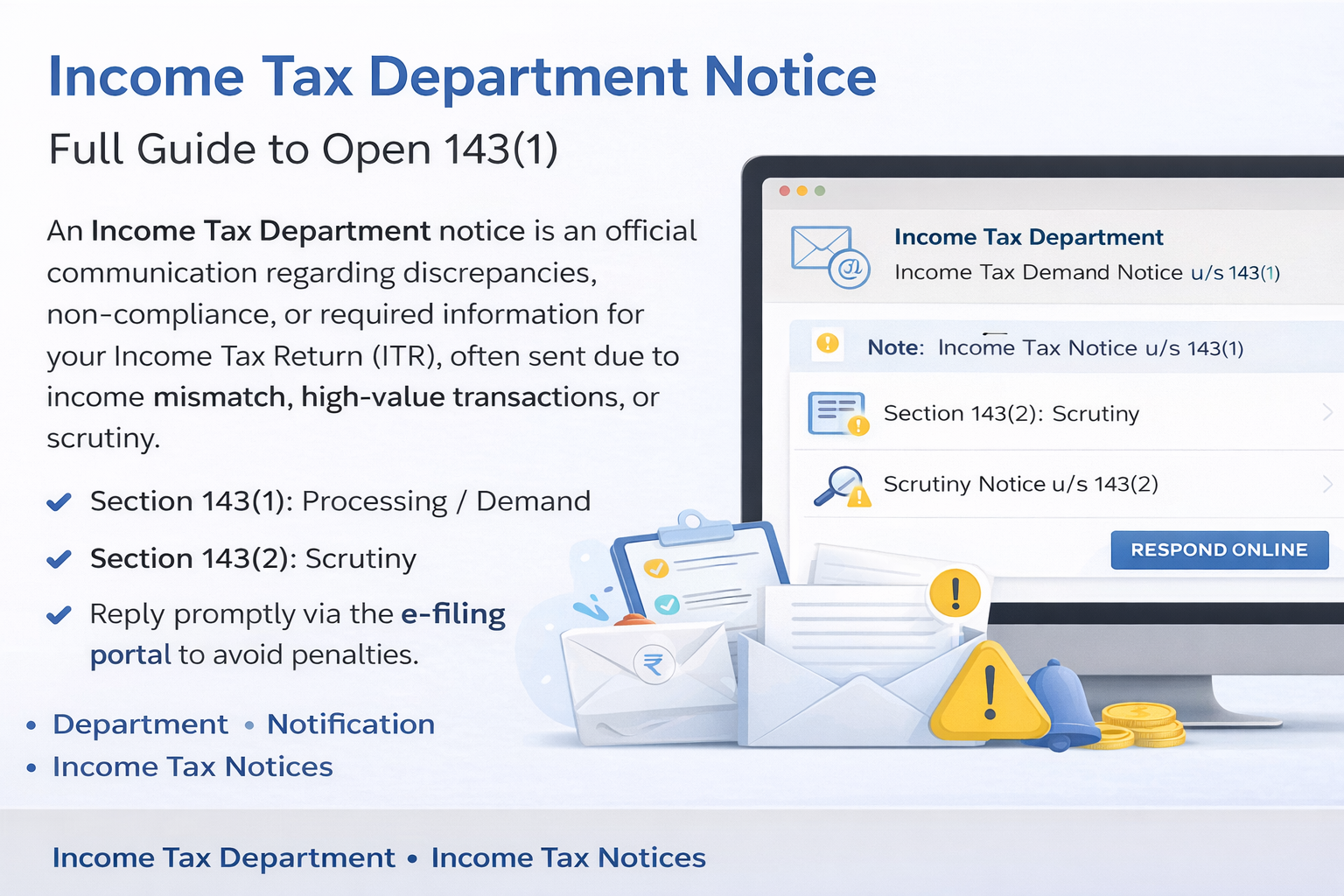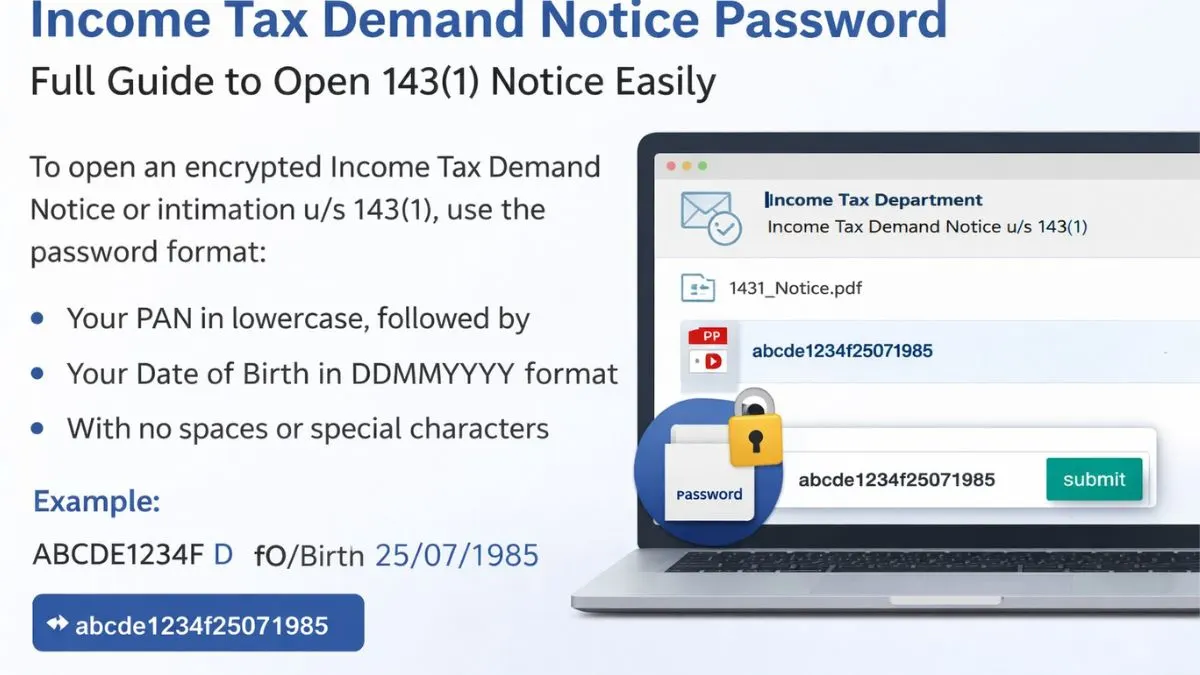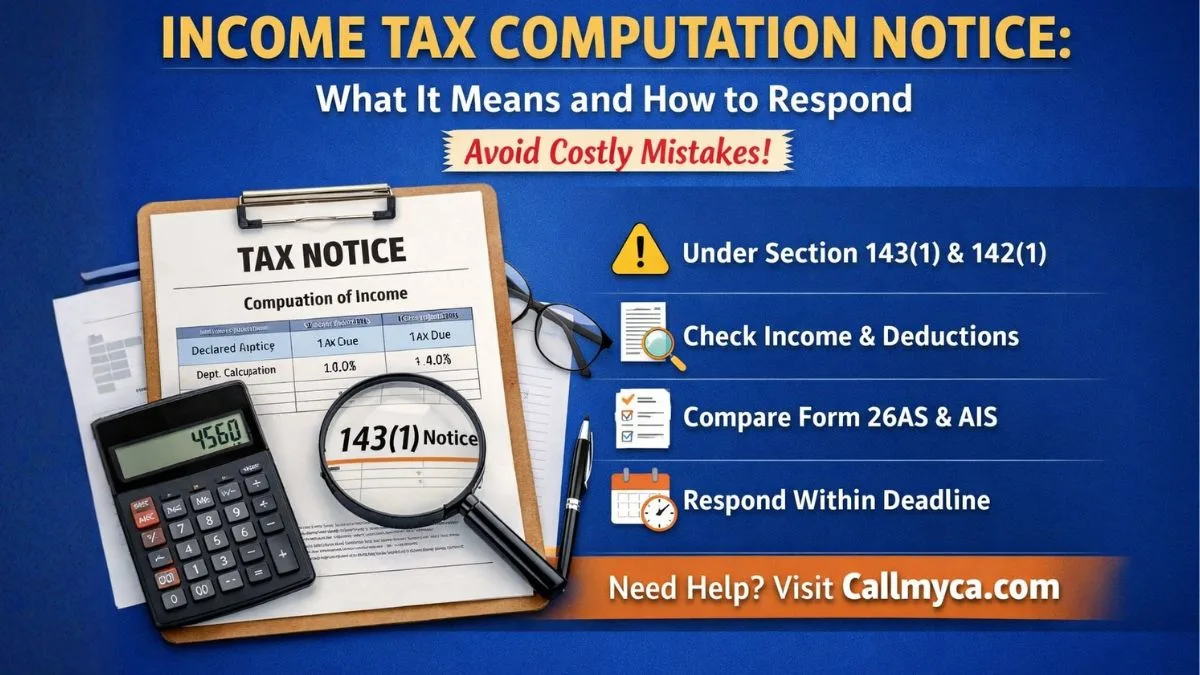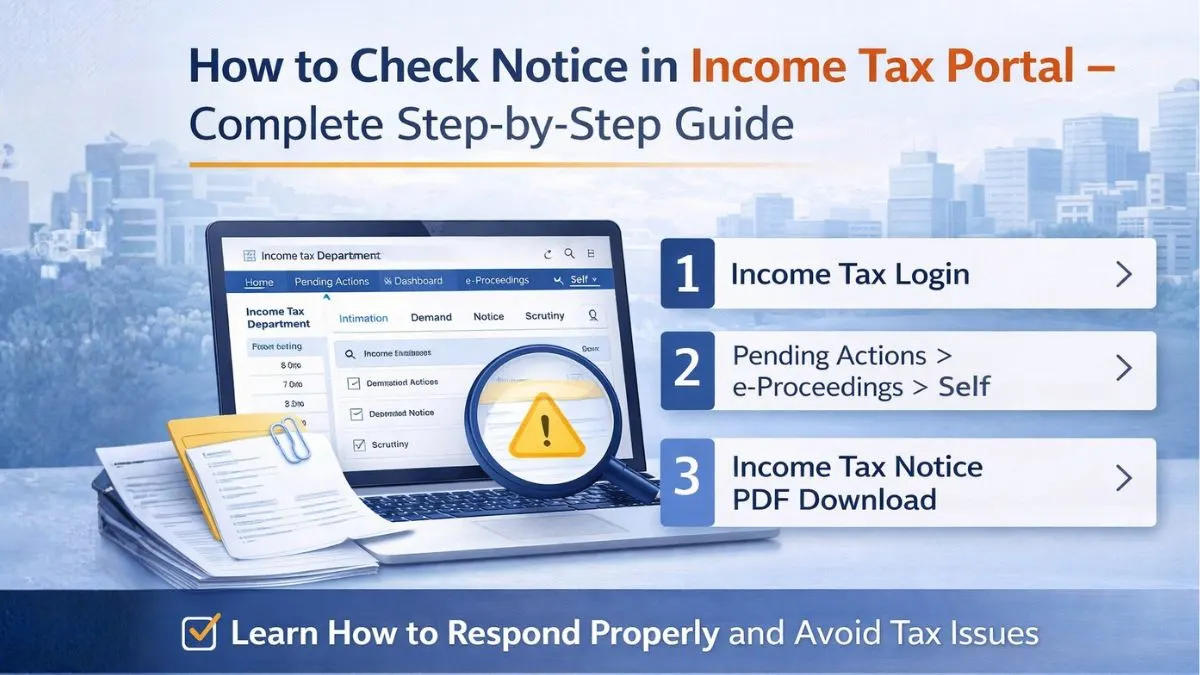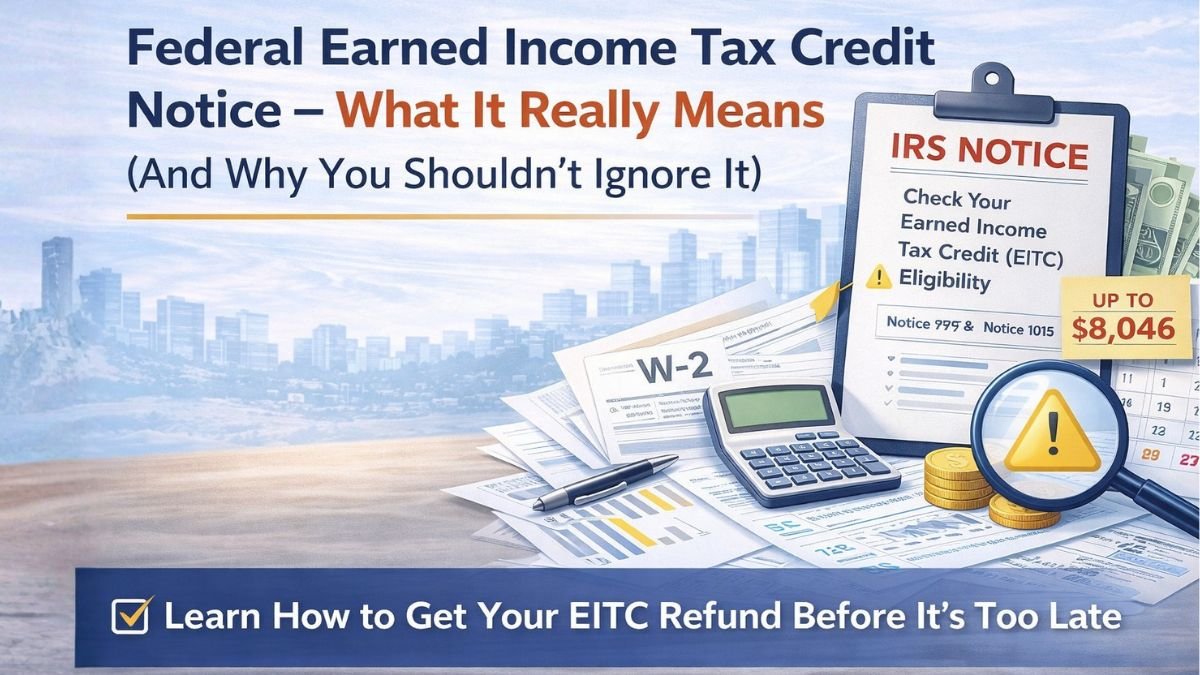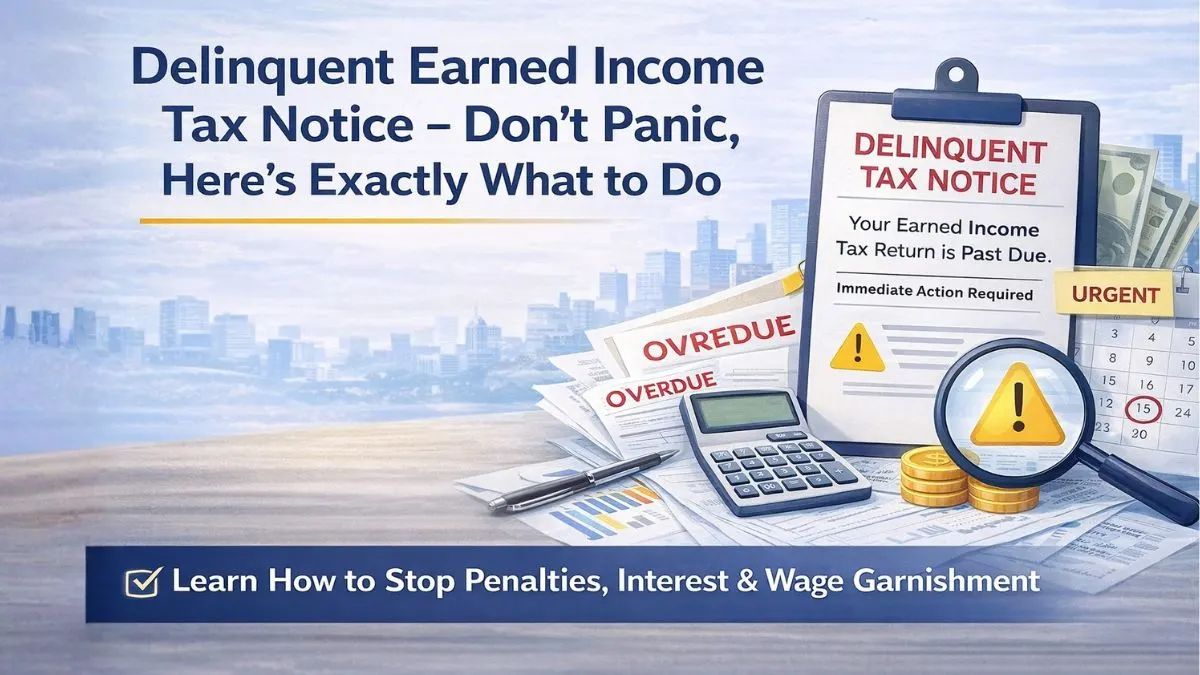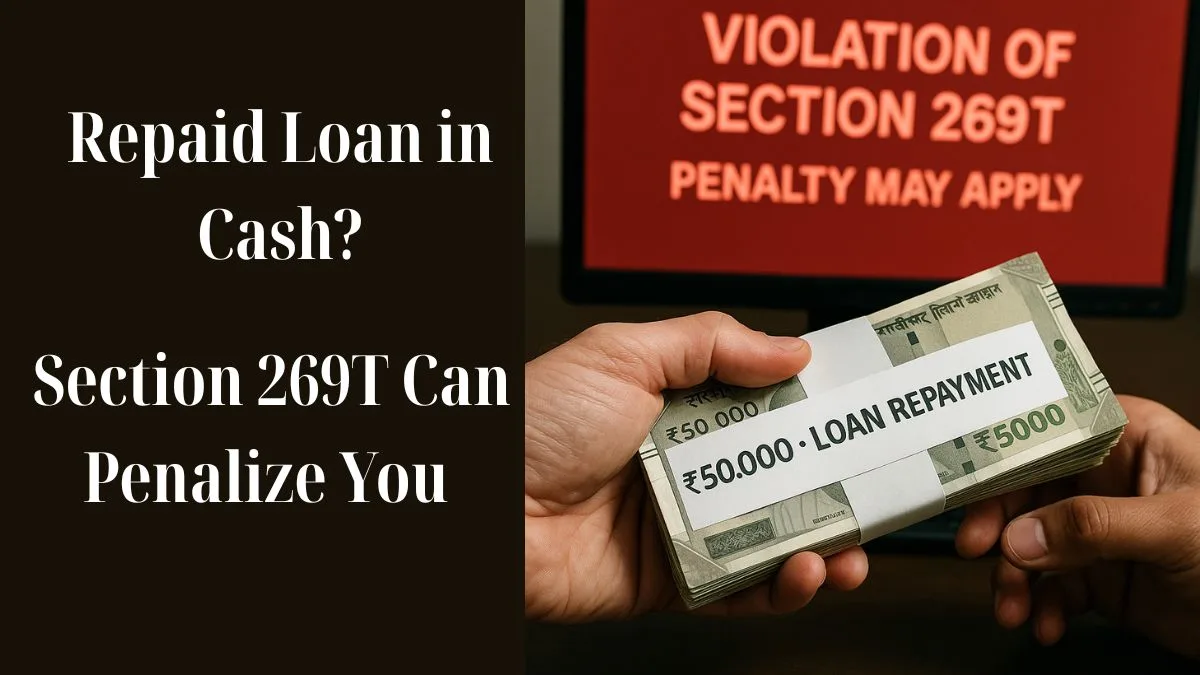
Section 269T of the Income Tax Act lays down strict provisions regarding the mode of repayment of certain loans or deposits. Whether you’re an individual or a business, ignoring these rules can lead to hefty penalties. Let’s break this down in simple terms & understand how this section applies to you.
What Is Section 269T of the Income Tax Act?
Section 269T governs the repayment of loans, deposits, & specified advances. As per this section, repayment of loans or deposits of ₹20,000 or more cannot be done in cash. This includes loans or advances received from any person, including relatives, friends, or business associates.
In simple words, the government wants to ensure high-value cash transactions are reduced to curb black money & unaccounted transactions.
What Are the Key Provisions?
Here are the main takeaways from Section 269T of the Income Tax Act 1961:
- The repayment of any loan, deposit, or specified advance of ₹20,000 or more should not be made in cash.
- The repayment must be done via account payee cheque, account payee bank draft, electronic clearing system (ECS), or other prescribed digital modes.
- It applies to individuals, HUFs, firms, companies, & associations of persons.
- Even repayment of parts of loans or deposits that collectively cross ₹20,000 comes under this rule.
Applicability of Section 269T of the Income Tax Act
Section 269T becomes applicable in situations where:
- An individual cannot repay a loan, deposit, or specified advance in cash if the total amount is ₹20,000 or more.
- Even if the original loan was accepted in cash, the repayment cannot be made in cash if the amount is ₹20,000 or more.
- These rules are not just limited to loans but also apply to deposits, advances for immovable property transactions, or other specified sums.
Why Was This Section Introduced?
This section was introduced as a step to:
- Minimise cash transactions.
- Ensure transparency in large financial dealings.
- Make sure that repayment of the loan or deposit of ₹ 20,000 or more in cash is not allowed, so as to track the trail of money.
The Income Tax Department keeps a close eye on such transactions, especially during scrutiny or tax audits.
Penalty for Violation
If someone violates Section 269T, they are liable to pay a penalty equal to the amount repaid. For instance, if you repaid ₹30,000 in cash, then a ₹30,000 penalty can be imposed.
This is enforced under Section 271E of the Income Tax Act.
Real-Life Example
Suppose Ravi took a loan of ₹25,000 from his friend. Later, he repays it in cash. Though this may look like a harmless personal deal, it violates Section 269T since the repayment exceeded ₹20,000 & was done in cash. The assessing officer can impose a penalty of ₹25,000 under Section 271E.
So yes, even personal cash repayments of this nature can land you in trouble!
Common Scenarios That Can Trigger Section 269T
- Repaying ₹20,000 or more to a landlord as a refundable deposit in cash.
- Settling old business debts above ₹20,000 in cash.
- Returning advances on the sale of property in cash that exceed ₹20,000.
In all such cases, you must ensure that the repayment mode is either through a bank or an electronic system."
Mode of Repayment as per Section 269T
The law clearly states that the following modes should be used:
- Account payee cheque
- Account payee bank draft
- Electronic modes such as NEFT, RTGS, IMPS, and UPI
- Or any other prescribed digital payment mode
Any other method—especially cash payment and repayment of loans, deposits & transactions in immovable property—is considered non-compliant.
Section 269T of the Income Tax Act With Example
Here’s another example: If a builder accepts ₹50,000 in cash while refunding a token advance for a cancelled flat deal, it will trigger a violation under Section 269T, as it is a repayment of a specified sum in cash exceeding ₹20,000.
Exceptions to Section 269T
There are a few exceptions:
- Government bodies or banks are excluded from these provisions.
- Co-operative banks & notified institutions are sometimes exempted, depending on the notification from the CBDT.
Still, for most individuals & private entities, cash repayment above ₹20,000 is strictly prohibited. "
Final Thoughts
To avoid unnecessary penalties & income tax scrutiny, it’s crucial to stay compliant with Section 269T. Make sure that any repayment of ₹20,000 or more is done using traceable banking channels. It’s not just good tax practice—it’s a legal mandate.
👉 Need help navigating complex income tax provisions like Section 269T or filing your return without errors? Our expert CAs at Callmyca.com are just a click away to simplify your tax journey—book your consultation now!

